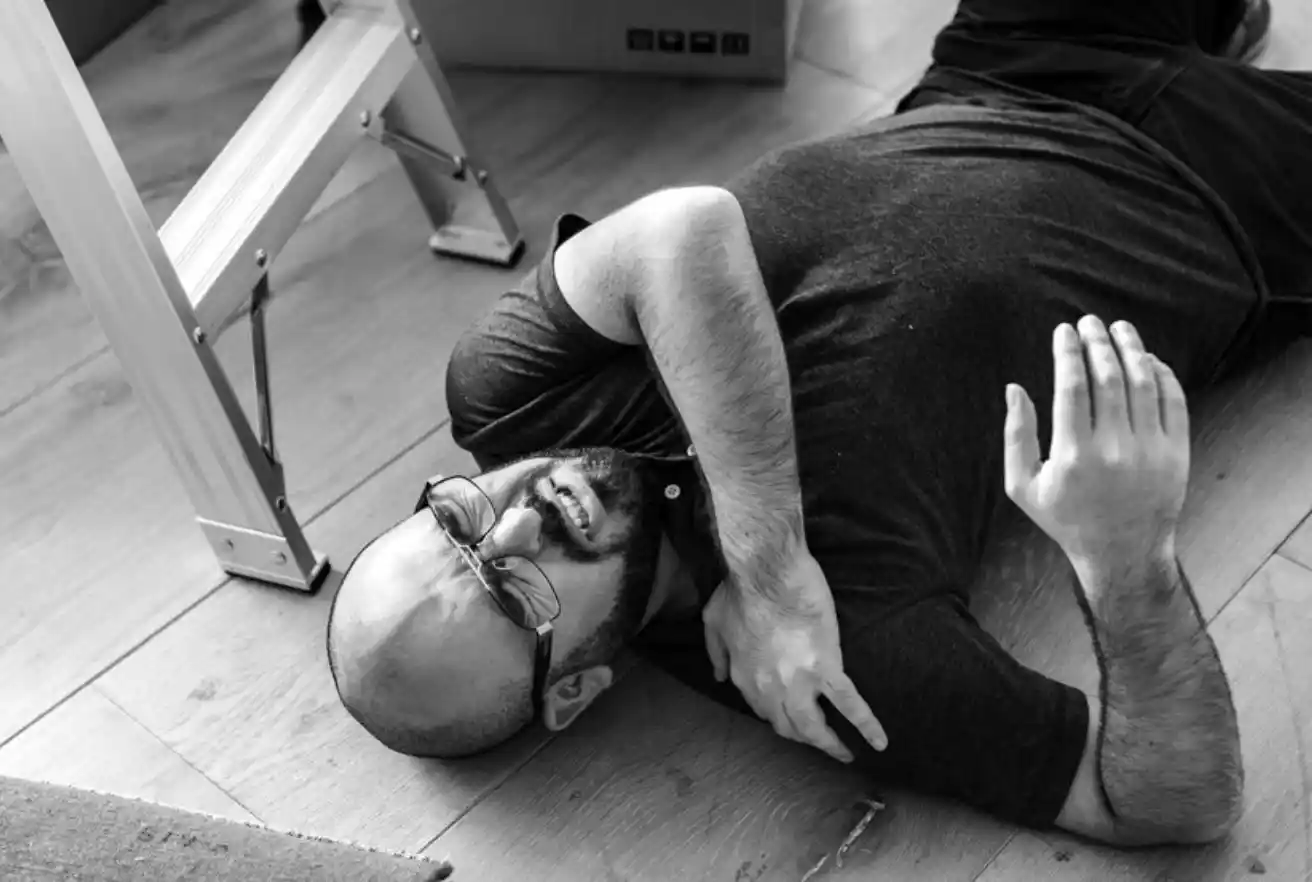Fort Wayne Dog Bite Lawyer
Helping people is our priority



Since 1993

Dog bites can be traumatic accidents, often resulting in severe physical and emotional injuries, medical bills, and emotional trauma. If you or a loved one need a personal injury lawyer in Fort Wayne, Indiana, our team of experienced attorneys at Christie Farrell Lee & Bell is ready to help guide you through the legal process
It is critical to understand your legal rights to pursue the compensation you need to recover from your injuries and economic losses. We ensure you receive the maximum amount of compensation possible and have the experience and success to back it up.
What to Do After a Dog Bite Accident
The moments following a dog bite can be full of confusion and fear, and it’s normal to don’t know what to do. However, the steps you take in these moments can significantly impact your ability to secure rightful compensation.
Here’s what you must do after the attack of a dog:
- Seek immediate medical attention: Health is the most important factor to consider after a dog bite. Even if the bite appears minor, it’s vital to consult with a healthcare professional immediately, as dog bites can lead to serious infections or diseases, like rabies.
- Report the incident: Following a dog bite, reporting the incident to your local animal control agency ensures the dog is contained, preventing future attacks. It also provides official documentation of the incident, which can be crucial when filing a personal injury claim.
- Gather information: Collect all necessary information about the dog and its owner. This includes the owner’s name and contact details, information about the dog (breed, size, color), and if available, its vaccination history. Document the circumstances surrounding the attack and your resulting injuries—photos can be particularly effective.
- Contact a Fort Wayne dog bite lawyer: Navigating the complexities of personal injury law can be challenging. An experienced attorney can help guide you through the process, advocating for your rights, and ensuring the pursuit of fair compensation.
At Christie Farrell Lee & Bell, our dog bite lawyers can help Fort Wayne residents with the legal assistance they need to make a strong case.
Speak with a personal injury lawyer today. Call: 317-488-5500
Common Injuries Related to Dog Bites
As stated by the Centers for Disease Control and Prevention, nearly 1 in 5 people who are bitten by a dog require medical attention. Dog bites can result in a wide range of injuries from minor to severe, including:
- Puncture wounds and lacerations: Punctures and deep skin tears are common in dog bites, potentially causing significant scarring and damage to muscles and tendons.
- Infections, including rabies: A dog’s mouth can carry numerous types of bacteria that can cause infections when they enter a human body through a bite. Rabies is among the most serious diseases that can result from a dog bite.
- Scarring and disfigurement: Severe dog bites can leave permanent physical reminders, causing a profound psychological impact on the victim.
- Broken or fractured bones: Larger, powerful dog breeds can bite with enough force to break or fracture bones. This is particularly common if victims fall or are knocked over during an attack.
- Psychological trauma, such as anxiety or post-traumatic stress disorder (PTSD): Psychological trauma is common among victims of dog bites, manifesting as a fear of dogs, anxiety, nightmares, or in severe cases, PTSD.
We understand the physical and emotional impact these injuries can have on your life, and our team of personal injury lawyers is committed to properly calculating dog bite damages, ensuring you receive full compensation for all aspects of your injury, not just the ones visible.
Complete a Free Case Evaluation form now
Holding Dog Owners Accountable in Indiana
Indiana is a state that stands firm on the responsibility of pet owners, holding them to account for the actions of their pets. This accountability is particularly pertinent in cases of dog bites, where the consequences can range from minor discomfort to catastrophic injuries or psychological trauma.
According to state legislation, dog owners owe a duty of reasonable care to prevent their dogs from injuring others. For the most part, there is no strict liability for dog bites in Indiana. However, in some circumstances, specifically under Indiana Code § 15-20-1-3, Indiana follows a strict liability dog bite law, such as when a postal worker or police officer visits a house, which applies in a few very limited circumstances. Under Indiana law regarding dog bite liability (Sec. 3), if a dog bites a person without provocation while the person is acting peacefully and is in a location where they are required to be in order to fulfill a legal duty imposed by Indiana or U.S. laws, or postal regulations, the dog’s owner is responsible for all resulting damages. This liability applies regardless of whether the dog has a history of aggressive behavior or if the owner was unaware of the dog’s previous vicious actions.
Of course, each dog bite case comes with its unique complexities and you should always seek legal counsel with questions about a case or specific Indiana law on dog bites.
Click to contact us today
How to Get Compensation for a Dog Bite in Fort Wayne, Indiana
Dog bite victims can claim compensation for medical expenses, lost wages, pain, suffering, and emotional distress. To obtain this compensation, you must file a personal injury lawsuit against the dog owner, but often it’s hard to navigate this process on your own.
Don’t Settle for Less – Let Us Help You Get Fair Compensation to Recover from Your Injuries
At Christie Farrell Lee & Bell, we understand the traumatic aftermath of a dog bite. Don’t settle for less; let our legal team fight for the justice you deserve.
Contact us today to request a free consultation and hold dog owners accountable for the injuries suffered.
FAQs Related to Dog Bite Cases in Fort Wayne
Here are some of the most common questions he heard after over 120 years of combined experience handling personal injury cases related to dog bites:
How Much Can You Get From a Dog Bite?
The compensation for a dog bite injury varies depending on several factors. Primarily, the severity of the injuries, scarring, disfigurement, the cost of medical treatment, and the impact on the victim’s life play a significant role in determining the compensation amount.
Additionally, factors such as lost wages due to recovery time, and psychological trauma, may also be considered.
What Is the Law on Dog Bites in Indiana?
In Indiana, the law holds a dog owner liable if the dog owner does not exercise reasonable care to prevent their dog from injuring others.
Our lawyers that handle these types of cases

|
 |

Get a FREE Case Review
Schedule Your Free Consultation










